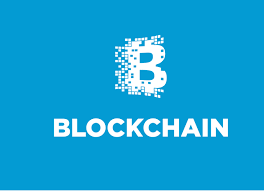- The EU has proposed new guidelines to limit how personal data is stored on blockchains, aiming to align the technology with GDPR privacy rules.
- Experts are divided—some praise the move as necessary regulation, while others warn it could undermine decentralization.
In a significant move that could reshape the future of blockchain in Europe, the European Data Protection Board (EDPB) has released draft guidelines targeting how personal data is stored and accessed on decentralized systems. The proposed rules, designed to align blockchain operations with the European Union’s General Data Protection Regulation (GDPR), emphasize privacy by design and raise questions about the future of data in the decentralized era.
“Blockchains have certain properties that can lead to challenges when dealing with the requirements of the GDPR,” the EDPB stated, underscoring that personal data should generally not be stored directly on-chain if it risks conflicting with data protection principles. Instead, they advocate for technical and organizational measures that embed privacy into the earliest stages of blockchain development.
Also read: Ethena (ENA) Price Jumps 17% on Breakout – Is a Rally to $0.70 Coming Next?
Among the key recommendations: implement Data Protection Impact Assessments (DPIAs) before processing any personal data, clarify roles within blockchain ecosystems, and prevent the default public availability of personal information.
The draft, now open for public comment until June 9, has stirred debate across the tech and privacy communities. While some hail the move as a long-overdue framework that protects user rights, others see it as a potential threat to the foundational principles of decentralization.
“Decentralization doesn’t mean deregulation,” said Bryn Bennett of Hacken, a Ukrainian Web3 security firm. He views the guidelines as necessary, stressing that privacy should be integral—not an afterthought. Conversely, Harry Halpin of Nym Technologies argues that applying GDPR’s “right to be forgotten” to blockchain undermines the technology’s core design. “If this is the goal, then just use normal centralized databases,” he warned.
With Europe simultaneously advancing toward a blockchain-based digital euro, the tension between innovation and regulation is more apparent than ever. As the continent navigates this complex digital terrain, the EDPB’s guidelines may mark the beginning of a broader global conversation on how to balance decentralization with data protection in the Web3 age.




